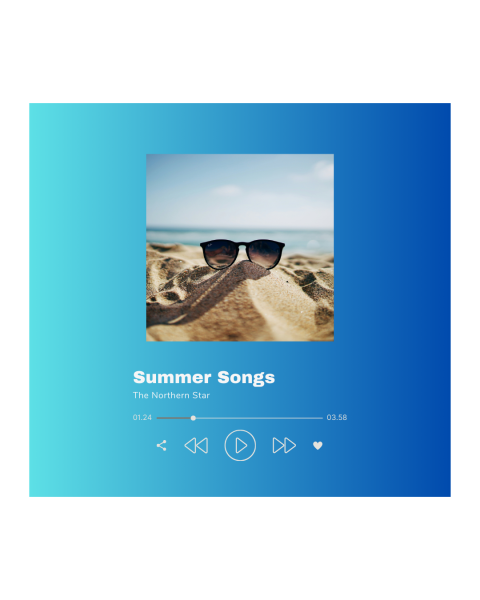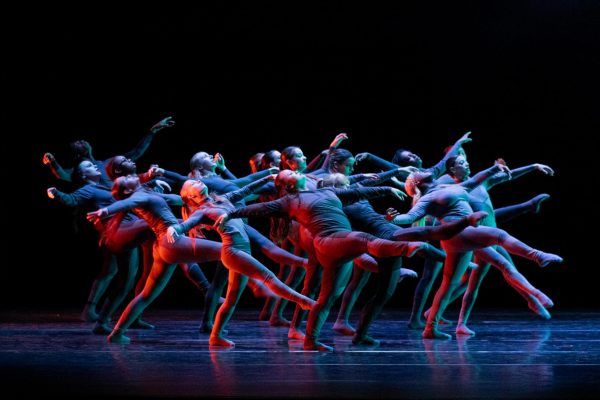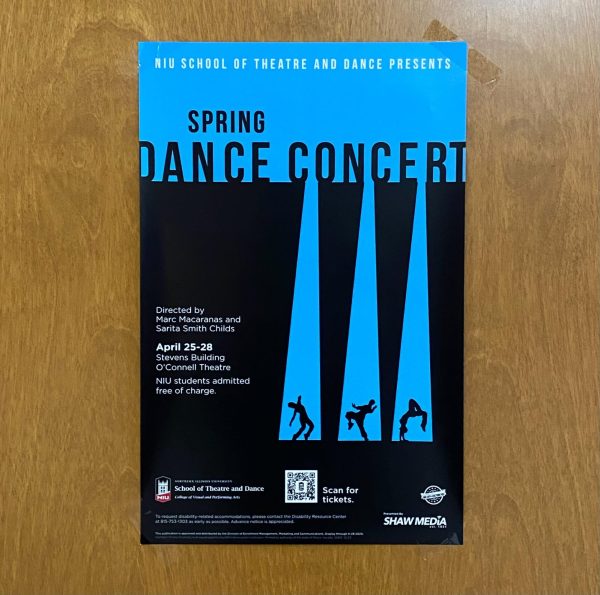Students write for emotions
April 27, 2017
Poets have been participating in daily writing prompts and sharing their work via social media platforms such as Instagram and Facebook for National Poetry Month. There are three student poets who are using these prompts to find their own voices and power among adversity, injustice and oppression.
Keonte Caldwell
Keonte Caldwell uses his writing as a tool to channel and deal with his emotions. Caldwell said he finds inspiration to write based on those same emotions.
“When I’m feeling down is usually when I write the most,” Caldwell said. “If I’m feeling empowered, I write more motivational pieces.”
Caldwell, who dealt with homelessness during his teen years, said he found peace and strength in his writing. Caldwell said he uses his poetry as a means to heal, have conversations with his peers and create art based on real-life situations.
“Tomorrow World,” one of Caldwell’s original poems, tells the story of people taking life for granted and putting things off until tomorrow.
“The funny thing about tomorrow is that it never truly comes,” Caldwell said. “There’s always a day to follow — there’s always a tomorrow, and I wanted to unravel that in my writing.”
Symone Salibellas
Symone Salibellas said she picked up a pen and paper in her teen years and has not stopped writing since.
“Everything just kind of came out on paper, and I liked the way it looked, the way it felt,” Salibellas said. “I kept going, and it led me to love poetry and love what I do.”
The first time she picked up a pen to write poetry, Salibellas said it was a decision driven strictly by her emotions. She said her emotions draw most of her writing out and make each piece unique.
“There was so much I wanted to say, and I finally felt like I was going to be able to say everything I wanted to say, but maybe everyone wasn’t going to be able to hear it,” Salibellas said.
Salibellas said her writing helped her turn failure into a metaphoric butterfly by using her situation of not excelling in school into something she could fix. She used her writing to reignite her drive toward being a better student and person.
“If my poetry could have a taste, it would taste like herbal tea with honey,” Salibellas said. “My poetry is very smooth, and I think [that] when I speak, my voice sounds warm the same way tea makes you feel.”
Noah Baker
Noah Baker found his passion for writing and poetry by accident during a time when he was working on a project in eighth grade. Baker is the president of Ex’Pression, an on-campus organization that provides a platform for artists to share their art and receive critiques from students.
Baker said he used poetry as a tool to grow through his assignments in grade school by keeping a journal updating how he was feeling and what he was going through.
“I’ve grown so much since I first started writing,” Baker said. “Primarily, I feel like I’ve learned how to come out of a shell because I’ve always been an introvert. Being a poet has been an opposite aspect of who I thought I was and has slowly [helped me] grow into who I am.”
Baker said the American poet and civil rights activist Maya Angelou has inspired him most with deep words and connections. Baker said he draws from Angelou’s works because of their beauty.
“Maya is extremely deep and very inspirational to me,” Baker said. “I can’t even put it into words how appreciative I am for her setting the foundation for poets like me.”













